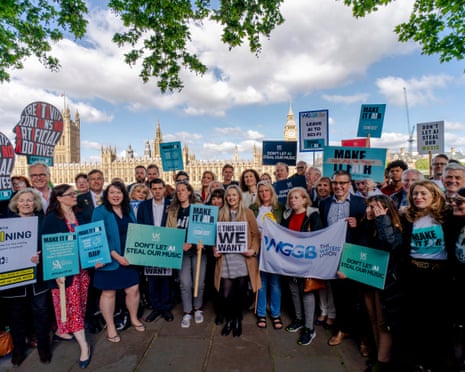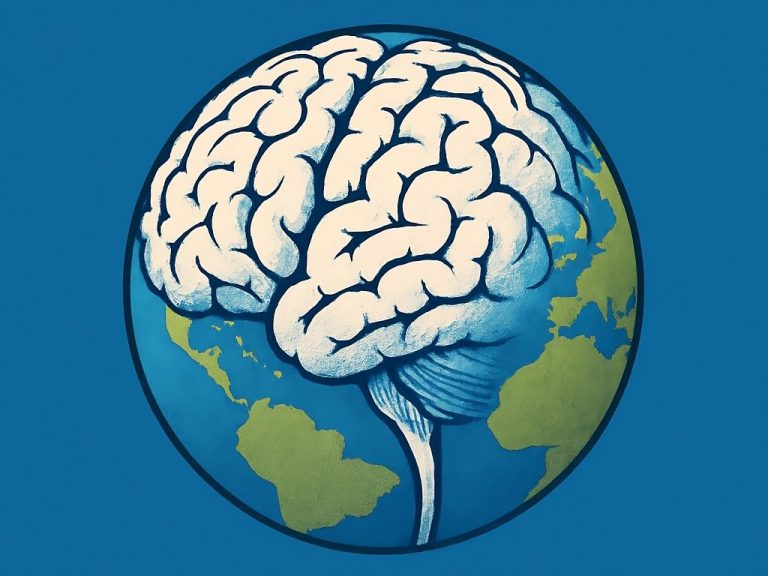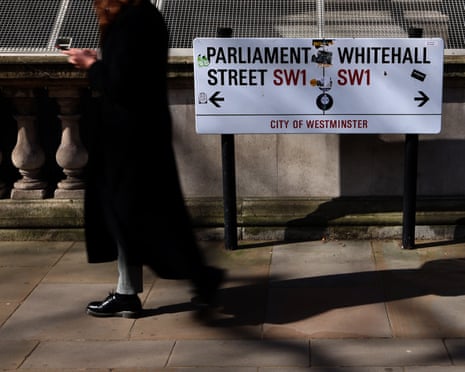UK Government Decides Against Mandating Tech Firms to Reveal AI Training Methods
Campaigners have accused government officials of misrepresenting facts to Parliament and the creative sector after the administration indicated it would not mandate AI companies to reveal their training methodologies. Ministers remain resolute in their confrontation with the House of Lords, which has advocated for immediate copyright protections for artists against AI companies. On Wednesday, members of the House voted 221 to 116 in favor of an amendment to the data bill that would compel AI firms to disclose the copyrighted materials utilized in training their models.
In response, the government dismissed the Lords’ request through an amendment submitted on Friday, reiterating its intention to release an economic impact assessment along with technical reports concerning AI and copyright regulation. Beeban Kidron, a crossbench peer and filmmaker who has actively supported the creative industry, expressed during Wednesday’s debate her willingness to accept any decision made by the Commons after this week. “I will not stand before your Lordships again and press our case,” she remarked.
The News Media Association (NMA), representing publishers like the Guardian, indicated that peers could propose additional amendments to the data bill when it returns to the Lords next Wednesday. Industry representatives asserted that the government’s failure to address the concerns raised by the Lords demonstrated bad faith, urging the administration to propose further amendments before MPs cast their votes on Tuesday. Kidron commented, “The government has consistently removed all protections for UK copyright holders from the data bill. In doing so, they have undermined the creative industries and shown a willingness to dismantle the UK’s second-largest industrial sector. They have misled Parliament, and they are misleading the sector.” She warned that the government’s actions contribute to a deepening distrust between various sectors and the administration.
Owen Meredith, the chief executive of the NMA, remarked, “The government’s unwillingness to heed the strong opinion of the Lords may jeopardize the legislative process. There is still an opportunity for the government to take the right approach and incorporate transparency powers into this bill, which would be a vital move toward restoring trust within a £126 billion industry.”
The government’s stance on copyright has provoked backlash from prominent artists, including Paul McCartney, Kate Bush, and the National Theatre. Elton John recently labeled the issue as an “existential challenge.” Detractors of the government’s plans have cautioned that even if attempts to modify the data bill fail, legal challenges might arise over the proposed amendments.
The upcoming consultation on copyright changes, expected to yield findings by the end of the year, presents four potential paths: allowing AI companies to utilize copyrighted material without permission while offering an opt-out for artists; maintaining the current framework; requiring AI firms to obtain licenses for copyrighted works; and permitting AI companies to use copyrighted works with no opt-out option for creatives. Technology Secretary Peter Kyle noted that the copyright-waiver-plus-opt-out scenario is no longer preferred by the government, while Kidron’s amendments seek to compel tech companies to secure licensing agreements for any content employed in training their AI models.







